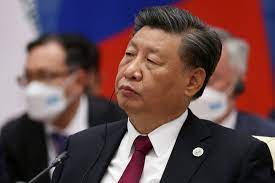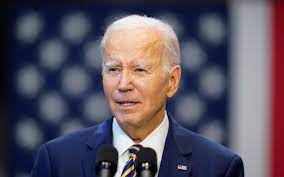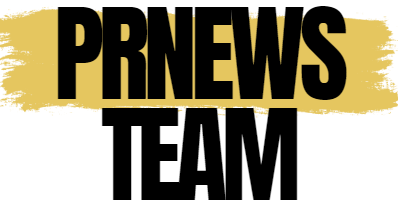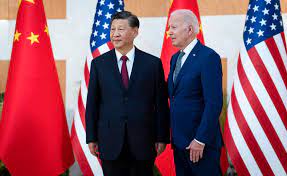In a high-stakes diplomatic ballet, Chinese President Xi Jinping attempted to woo back American investors and businesses during his first trip to the U.S. in six years.
The performance, however, received mixed reviews, with U.S. business titans offering a standing ovation at a lavish dinner in San Francisco, yet many companies remaining skeptical of Xi’s promises amid concerns about China’s increasingly authoritarian trajectory.

Despite the warm reception from corporate luminaries like Apple’s Tim Cook and BlackRock’s Larry Fink, doubts linger among American business leaders.
Robert Holleyman, former deputy U.S. trade representative, expressed that Xi’s reassurances are unlikely to alleviate the legitimate concerns that U.S. business leaders have regarding China’s business climate.
Xi, in his remarks at the opulent dinner hosted by the U.S.-China Business Council and the National Committee on U.S.-China Relations, sought to address these concerns.
He pledged that China’s commitment to fostering a market-oriented, law-based, and world-class business environment would remain steadfast, regardless of the evolving international situation.
Emphasizing China’s status as both a super-large economy and market, Xi promised to expand cooperation with the U.S.
The applause that followed Xi’s remarks signaled a desire among business leaders for a thaw in U.S.-China relations, moving past the trade wars and geopolitical tensions of recent years.
Rupert Hammond-Chambers, president of the U.S.-Taiwan Business Council, viewed Xi’s words as a “siren call” for closer economic partnership, an enticing prospect for those eager to navigate a smoother path.
However, beneath the surface, a complex and uncertain landscape persists. Recent raids on foreign firms by Beijing, including Mintz Group and Bain & Company, have rattled the foreign business community.
The U.S. Chamber of Commerce’s warning about China’s revised counter-espionage law in April and the State Department’s advisory against traveling to China further underscore the growing unease.

American firms, enticed by China’s massive market and infrastructure investments, now grapple with escalating concerns about personal security and the potential demand for intellectual property concessions.
The fear that China might tilt the playing field by favoring domestic firms over foreign competitors amplifies the anxiety among U.S. businesses.
The U.S.-China trade war, ignited by former President Donald Trump’s tariffs on Chinese exports, remains a stumbling block to increased investment.
Rising anti-China sentiment domestically adds another layer of complexity to American businesses’ strategies toward China.
Despite Xi’s charm offensive and the friendly atmosphere of the San Francisco dinner, some in Congress criticized the banquet as “unconscionable” in light of China’s human rights abuses.
This highlights the deep-seated distrust between the world’s two superpowers, contrasting with their commercial interdependence.
Xi’s conciliatory message sidestepped contentious issues such as China’s repression of Uyghur Muslims, U.S. tariffs, and Washington’s concerns about China’s semiconductor sector. Instead, he emphasized respecting ideological differences and fostering economic collaboration.
The charm offensive, initially derailed by a Chinese surveillance balloon incident in February, was revived by the Biden administration, culminating in Xi’s visit to San Francisco.

The delicate diplomatic dance allowed Xi to appeal to American business without the political spectacle of a state dinner in Washington.
While the meeting between Xi and President Joe Biden yielded limited progress on trade issues, there is a quiet optimism that renewed engagement could evolve into discussions on critical matters like intellectual property, Chinese subsidies, and the treatment of American firms in China.
The hope is that such dialogue could pave the way for U.S. capital to flow back into China, fostering a more stable and mutually beneficial commercial relationship.
As the curtain falls on this latest act in U.S.-China relations, the applause from American CEOs may signal a willingness to re-enter the stage of economic partnership, but the lingering skepticism and unresolved issues underscore the complexity of the dance ahead.

